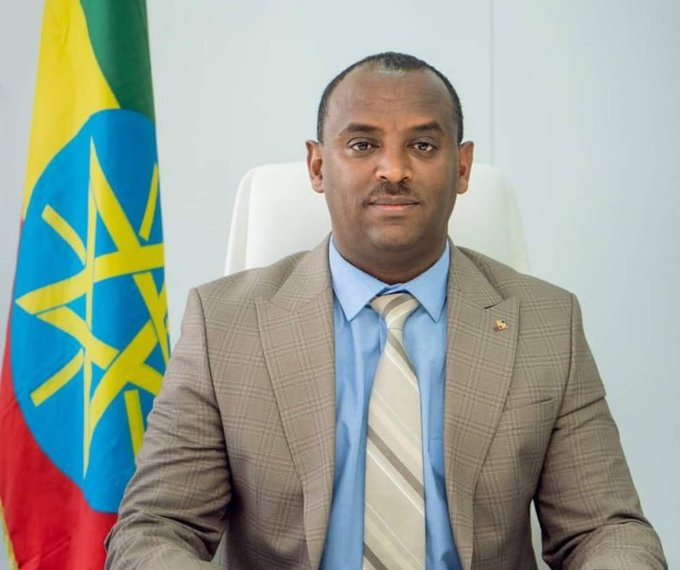In a bold and symbolic move, Ethiopia, a nation grappling with some of the most entrenched tribal conflicts on the African continent, has announced the appointment of a Minister of Peace. The decision comes as the country faces a challenging landscape of inter-ethnic tensions and violence that have hindered its progress and stability.
The new minister, whose name has yet to be widely publicized, will be tasked with the monumental responsibility of fostering dialogue, reconciliation, and peacebuilding in a country often characterized by its deep tribal divisions. Ethiopia, home to over 80 ethnic groups, has been marred by cycles of violence fueled by historical grievances, resource competition, and political rivalries.
Observers see this appointment as a critical step by the Ethiopian government to address its ongoing internal crises. The establishment of a peace-focused ministry underscores the administration’s acknowledgment of the urgent need for a dedicated framework to address the root causes of the violence and promote unity.
International reactions to the appointment have been mixed. Advocacy groups and peace organizations have cautiously welcomed the news, emphasizing that the minister’s success will depend on the government’s willingness to provide adequate resources and support. However, critics remain skeptical, arguing that tangible change will require more than symbolic gestures and pointing to the country’s historical struggles with implementing comprehensive peace strategies.
Ethiopia’s turbulent recent history has included widespread displacement and humanitarian crises, with millions of citizens affected by ongoing conflicts. As such, the creation of this new position is seen by some as a beacon of hope for a nation in search of lasting peace.
While the challenges ahead are immense, the appointment of a Minister of Peace signals Ethiopia’s intent to confront its divisions and embark on a path toward reconciliation. Whether this will translate into meaningful progress remains to be seen, but the move has sparked conversations both domestically and internationally about the prospects for peace in one of Africa’s most complex and diverse nations.
HBN News Desk


